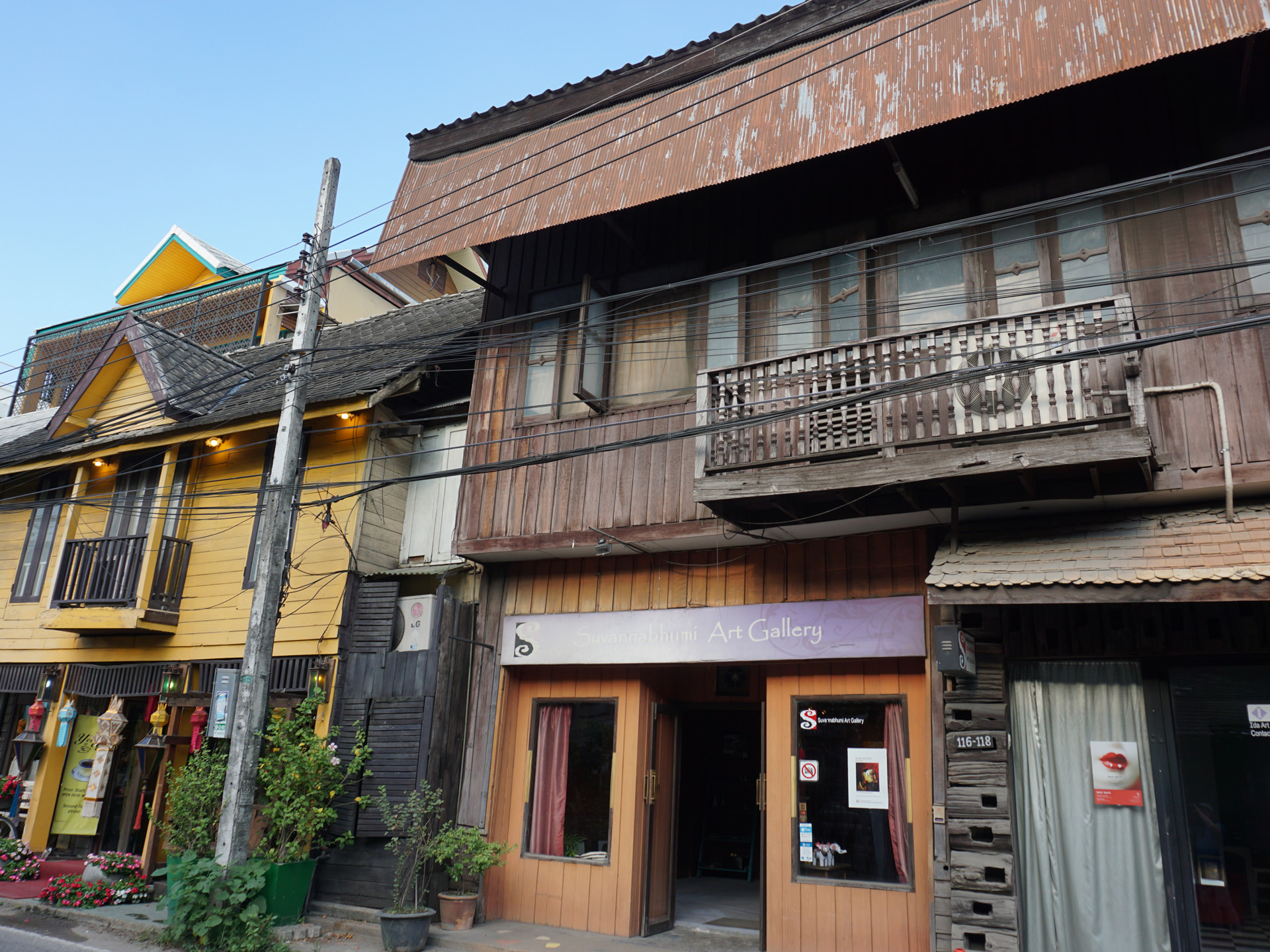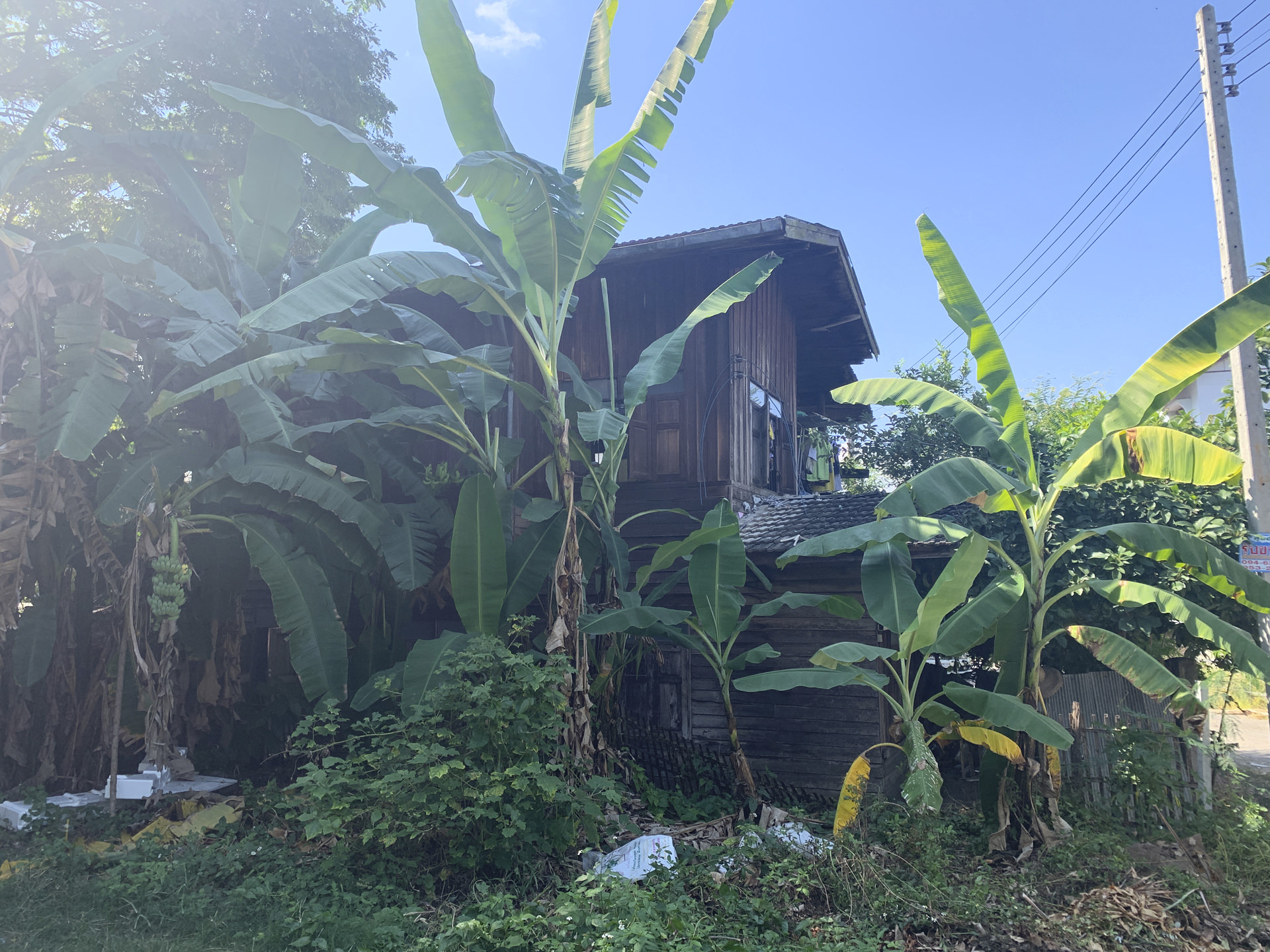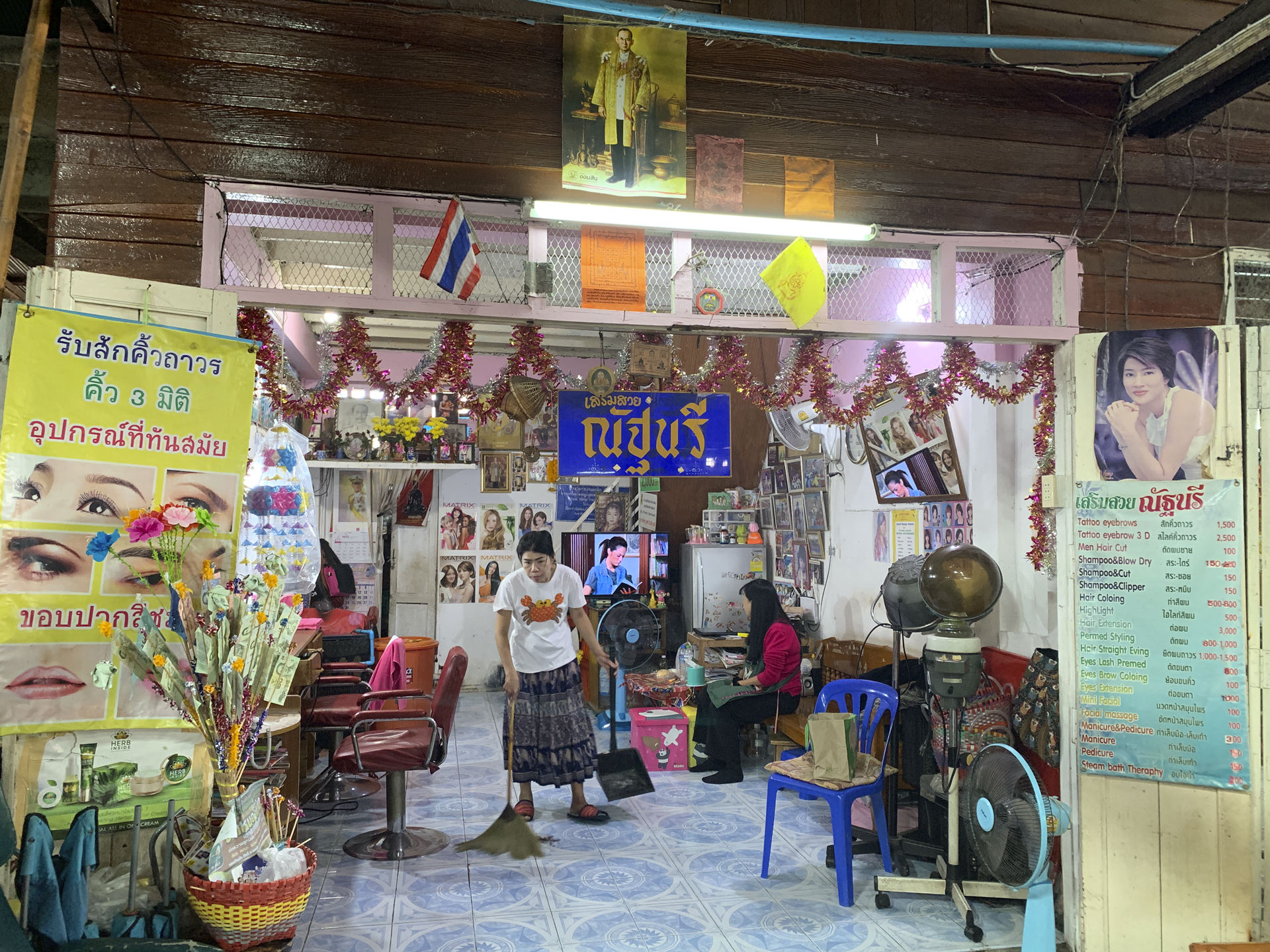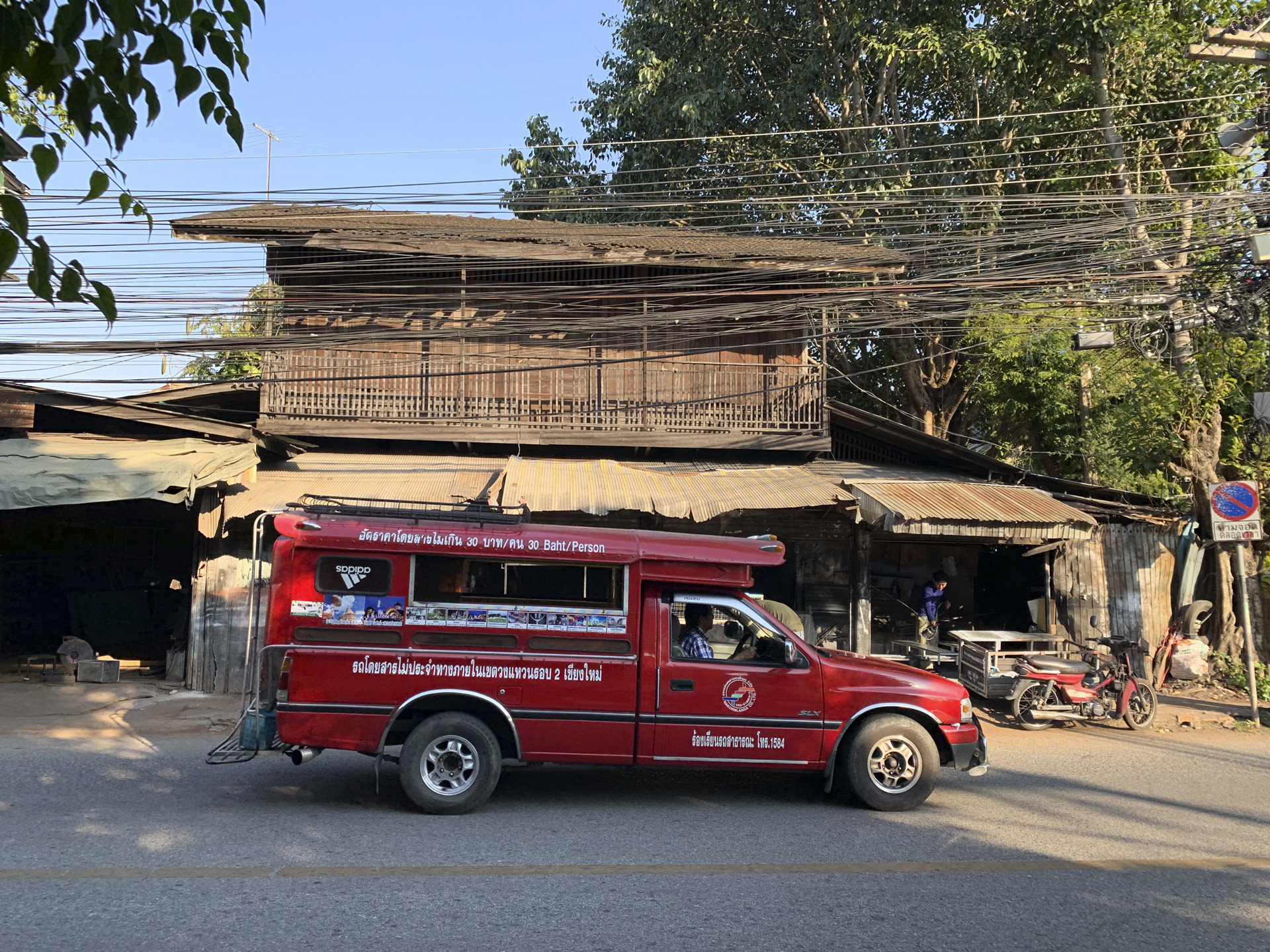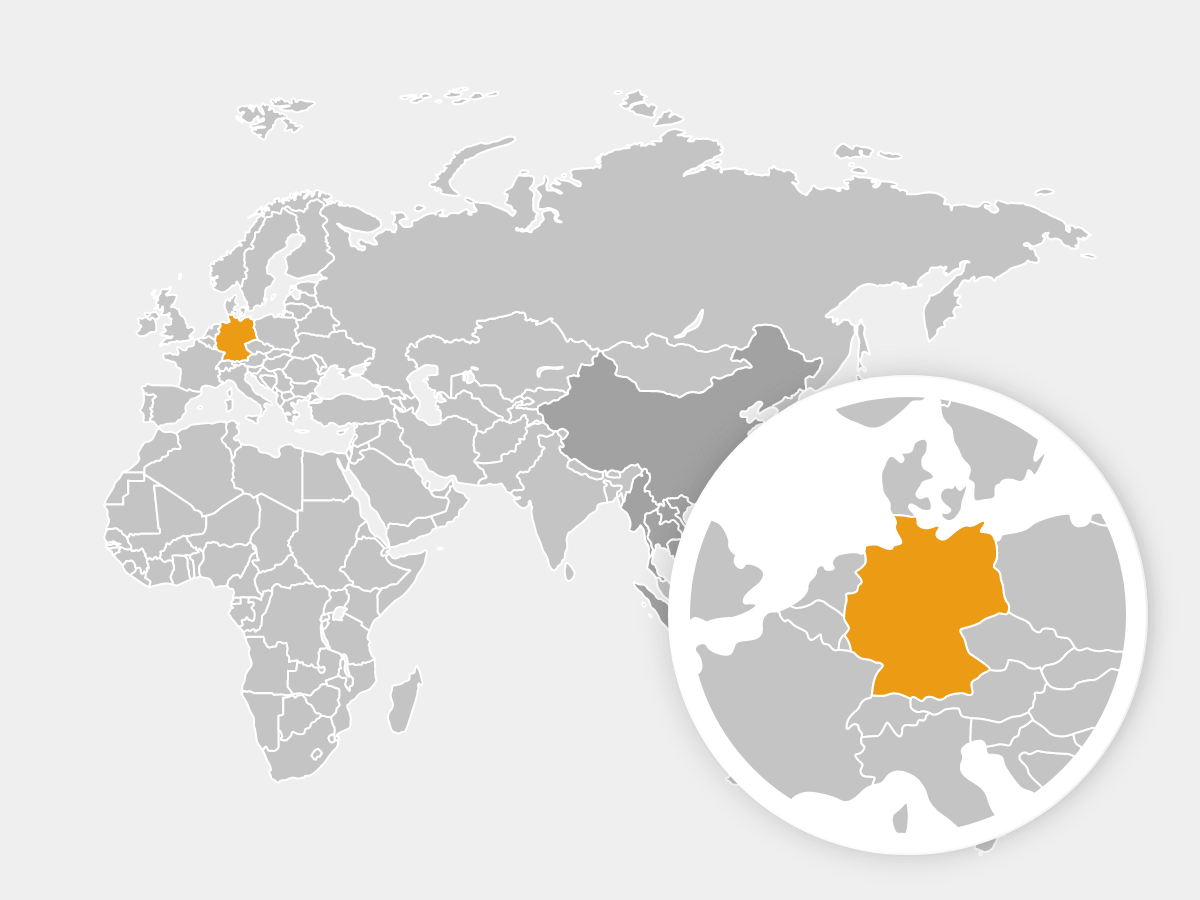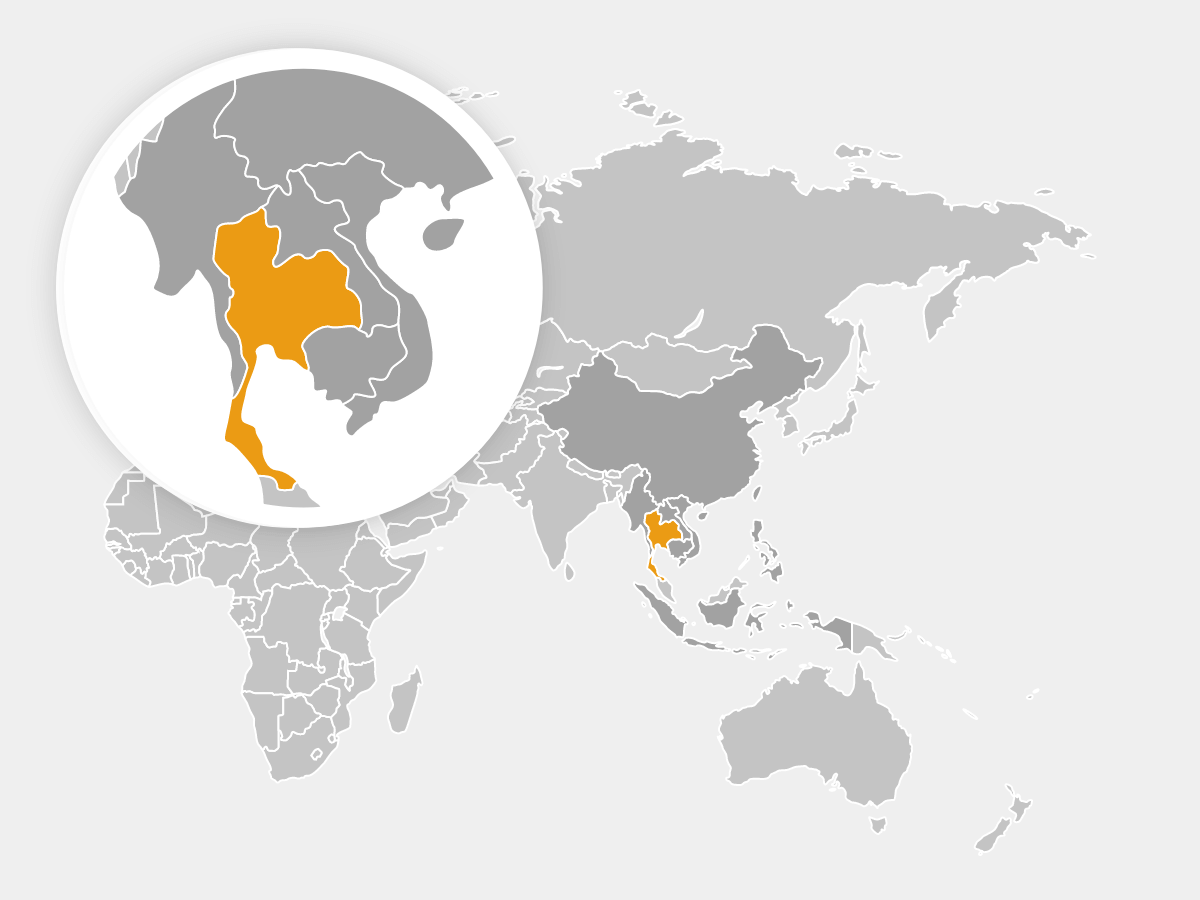Energy efficient society
Project Objectives
CHARMS develops an integrated strategy to increase the indoor comfort of historic homes in the city of Chiang Mai. Various stakeholders from the Fraunhofer-Gesellschaft and Chiang Mai University initiated this project in view of the prevailing insufficient air quality in the city and the COVID-19 related increasing importance of the domestic environment as a living and working space.
The project’s aim is to improve domestic well-being and public health as well as to preserve architectural heritage and cultural identity by integrating technical and social innovations. For this reason, locally adapted sustainable utilisation concepts for historic wooden houses and neighbourhoods are designed and their implementation is being prepared. The close involvement of local stakeholders in the R&D process ensures local acceptance of the developed solutions and thus a successful project implementation in the long term.
